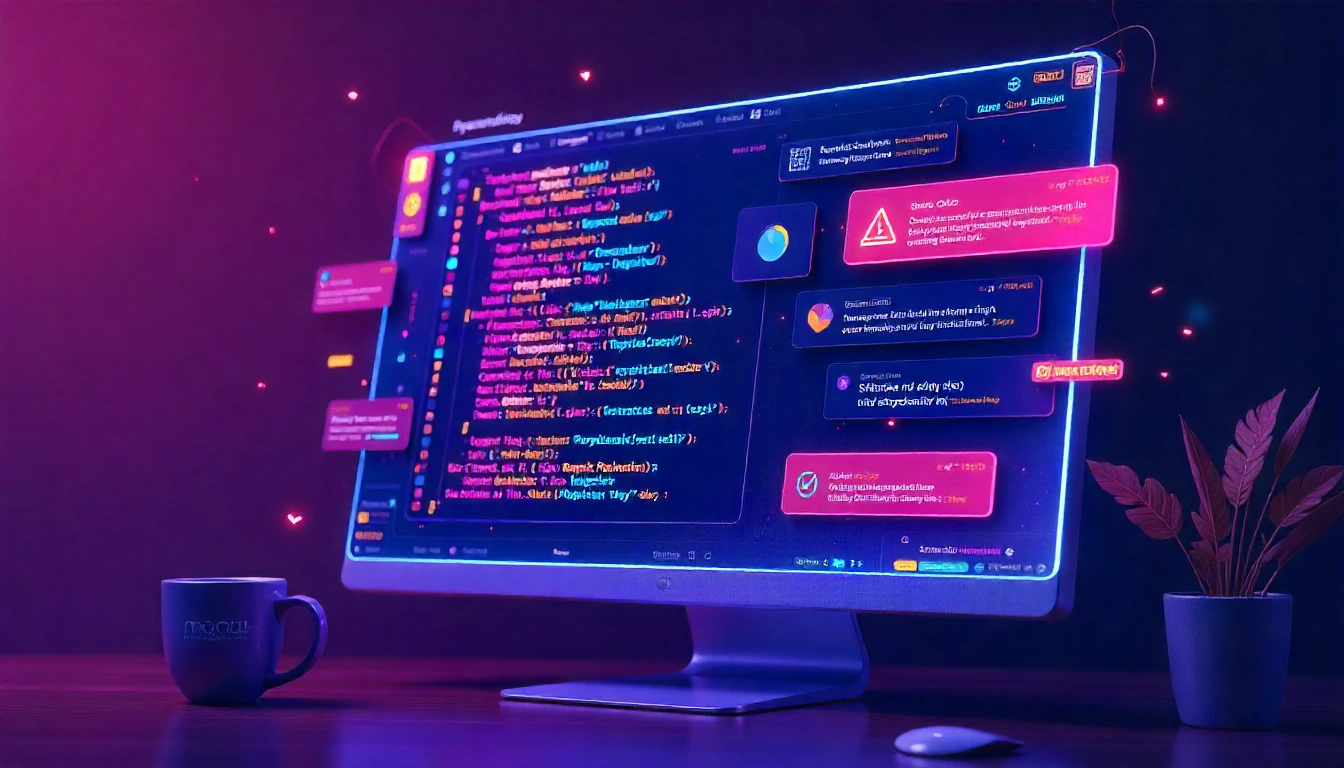Share
Table of contents:
Code Review: Definition, Types, and Purpose in Software Development

Code review is the process of evaluating source code written by another developer to ensure it meets quality, performance, security, and maintainability standards before it is merged into the main codebase. It helps improve software reliability while promoting collaboration and shared ownership across engineering teams.
Why Code Review Matters
Code reviews help identify issues early in the development lifecycle, reducing technical debt and preventing bugs from reaching production. Beyond improving quality, this practice reinforces consistent engineering standards and accelerates team learning.
Core Characteristics
Quality Control
Detects bugs, logic errors, vulnerabilities, duplicated logic, and style inconsistencies.
Collaboration
Encourages team involvement and collective responsibility for the codebase.
Knowledge Sharing
Exposes developers to new patterns, tools, and best practices through real examples.
Types of Code Reviews
Tool-Assisted Reviews
Conducted using platforms such as GitHub, GitLab, or Bitbucket with inline comments, history tracking, and approval workflows.
Over-the-Shoulder Reviews
Quick, informal, in-person or screen-sharing sessions used for small or urgent changes.
Pair Programming
Two developers write code together in real time, eliminating the need for post-development review in certain cases.
Example Scenario
A developer contributes a feature and submits a pull request in GitHub. Team members add comments, discuss logic improvements, suggest style fixes, and approve the merge once feedback is addressed.
Related Terms
Broader Concepts:
- Software Quality Assurance
- Software Development Lifecycle (SDLC)
Related Practices:


.webp)
.webp)







